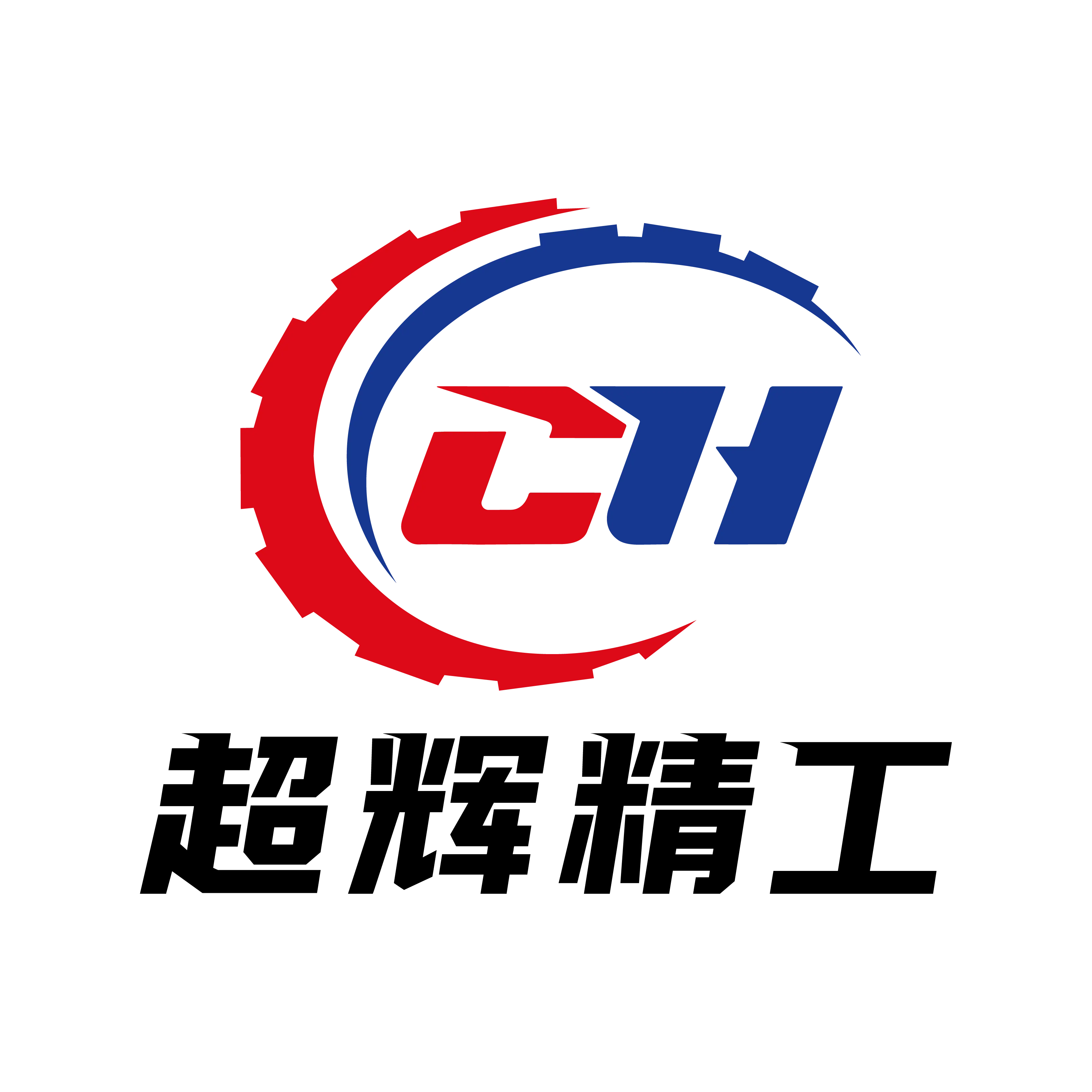In the highly competitive automotive industry, the quality of components like automotive gaskets can significantly impact performance, durability, and overall vehicle efficiency. According to a recent report by MarketsandMarkets, the automotive gasket market is expected to reach USD 3.12 billion by 2025, growing at a compound annual growth rate (CAGR) of 4.9%. This highlights the increasing importance of choosing the right manufacturer for automotive gaskets, as even slight variations in quality can lead to costly failures and maintenance issues. As vehicles become more sophisticated and the demand for high-performance components rises, selecting a reliable gasket manufacturer is crucial for both manufacturers and repair shops. In this guide, we will explore key factors to consider when evaluating potential suppliers of automotive gaskets, ensuring that you make an informed decision for optimal performance and longevity.

When it comes to automotive gaskets, the importance of quality cannot be overstated. A high-quality gasket ensures a secure seal between engine components, preventing leaks and maintaining optimal performance. Poor-quality gaskets can lead to catastrophic engine failures, increased emissions, and costly repairs. Understanding the significance of quality helps vehicle owners and manufacturers select the right products for their applications.

Tip: Always look for manufacturers that prioritize quality control in their production processes. This includes using superior materials and adhering to strict testing protocols. Research customer reviews and industry certifications to gauge a manufacturer’s reputation in delivering reliable gaskets.
Another vital consideration is the compatibility of the gasket with your vehicle's engine specifications. Different engines require different types of gaskets, and a mismatch can result in inadequate sealing. Therefore, working with reputable manufacturers who can provide detailed product data sheets and technical support is crucial.
Tip: Don't hesitate to ask for samples or trial gaskets to test their fit and performance before making a larger purchase. This can help ensure that you are investing in the right parts for your automotive needs.
When selecting the right manufacturer for automotive gaskets, several key factors should be carefully considered to ensure quality and reliability. One of the primary considerations is the manufacturer's experience and expertise in producing gaskets tailored to specific automotive applications. A manufacturer with a strong track record in the industry is more likely to understand the nuances of gasket materials and designs, leading to better product performance and longevity.
Another critical factor is the quality control measures implemented by the manufacturer. It is essential to work with a company that adheres to strict quality standards, utilizing advanced testing methods to ensure that each gasket meets or exceeds industry specifications. This attention to detail can prevent costly failures and enhance the overall performance of the automotive components they support. Additionally, evaluating a manufacturer's customer service and support can provide insights into their commitment to client satisfaction and their readiness to address any potential issues that may arise during production or after sales.
| Criteria | Importance Level | Evaluation Method | Rating Scale (1-5) |
|---|---|---|---|
| Material Quality | High | Supplier Certifications | 4 |
| Manufacturing Process | High | Factory Audits | 5 |
| Customer Support | Medium | Response Time Assessment | 3 |
| Lead Time | Medium | Production Schedules | 4 |
| Price Competitiveness | High | Price Quotes Comparison | 3 |
In the competitive landscape of the automotive industry, the gaskets market plays a vital role, projected to reach USD 16.84 billion by 2030. This growth underscores the importance of selecting the right gasket manufacturer for automotive applications. A comparative analysis of global gasket suppliers reveals diverse options based on material, applications, and regional strengths. Key materials such as rubber, fiber, and metal cater to various needs across sectors like automotive, aerospace, and oil and gas.
Tips: When evaluating gasket manufacturers, consider their specialization in automotive applications and their ability to meet industry standards. Furthermore, understanding their supply chain capabilities can provide insights into their reliability and efficiency.
Additionally, the rise of electric vehicles adds another layer to consider in gasket manufacturing, as the demand for lightweight and durable materials increases. Suppliers that innovate in material technology will be better equipped to thrive in this evolving market.
Tips: Look for suppliers that demonstrate a commitment to research and development, ensuring they can adapt to the latest trends and requirements in both traditional and electric vehicle markets.
The automotive gasket market is undergoing significant transformations, largely driven by the influence of Chinese manufacturers. As these companies leverage advancements in materials and production techniques, they are reshaping market dynamics and setting new standards for quality and competitiveness. Notably, the global market for fluoropolymer materials was valued at approximately $135.64 billion in 2019 and is projected to grow to $179.41 billion by 2027, reflecting a compound annual growth rate of 3.7%. This growth underscores the increasing demand for high-performance gaskets which are crucial in automotive applications for ensuring engine efficiency and longevity.
Chinese manufacturers are uniquely positioned to cater to this demand, thanks to their robust supply chains and cost-effective production capabilities. They have been rapidly investing in research and development, pushing the boundaries of gasket technology with innovative applications of fluoropolymer materials. As the automotive industry increasingly demands superior performance under rigorous conditions, the ability of these manufacturers to provide reliable and durable gaskets will play a pivotal role in their market success. The shift towards Chinese-made gaskets signifies not only a competitive edge in pricing but also an evolution in the quality standards across the automotive sector.
Building lasting relationships with reliable gasket manufacturers is essential for businesses seeking quality and consistency in their automotive components. A strong partnership not only ensures you receive duraable and high-performance gaskets but also fosters open communication and collaborative problem-solving. When selecting a manufacturer, consider their reputation, production capabilities, and willingness to adapt to your specific needs. A manufacturer who demonstrates a commitment to maintaining high standards and investing in technology will ultimately prove invaluable in enhancing your product line.

Moreover, prioritizing long-term partnerships encourages manufacturers to prioritize your projects, providing better pricing, prompt delivery, and individualized support. By establishing a rapport based on mutual trust and understanding, both parties benefit from shared goals and enhanced efficiency. Conducting thorough research to identify manufacturers with a proven track record and positive client testimonials can help set the foundation for such valuable alliances. In an industry where precision and reliability are paramount, choosing the right gasket manufacturer is not just a business decision; it’s a strategic move towards sustainable growth.
